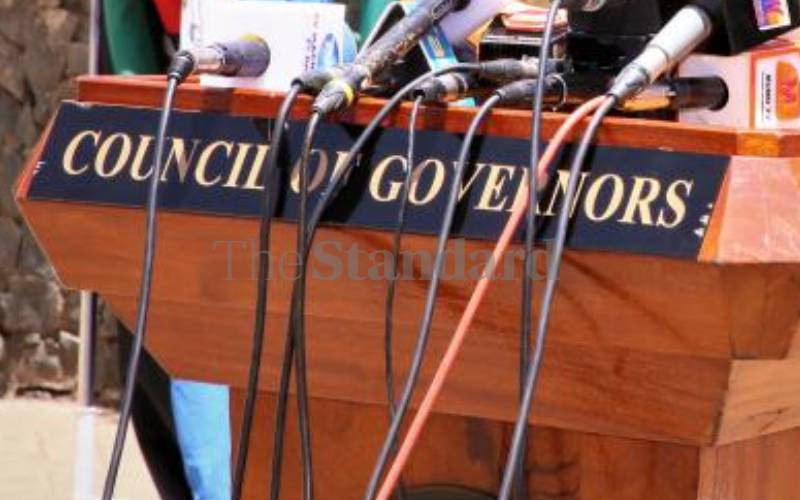×
The Standard e-Paper
Home To Bold Columnists

Devolution was introduced to promote democratic and accountable exercise of power, foster national unity by recognising diversity and give powers of self-governance to the people.
It was to enhance participation of the people in exercise of powers of the State and in making decisions affecting them, to recognise the right of communities to manage their own affairs and further their development.